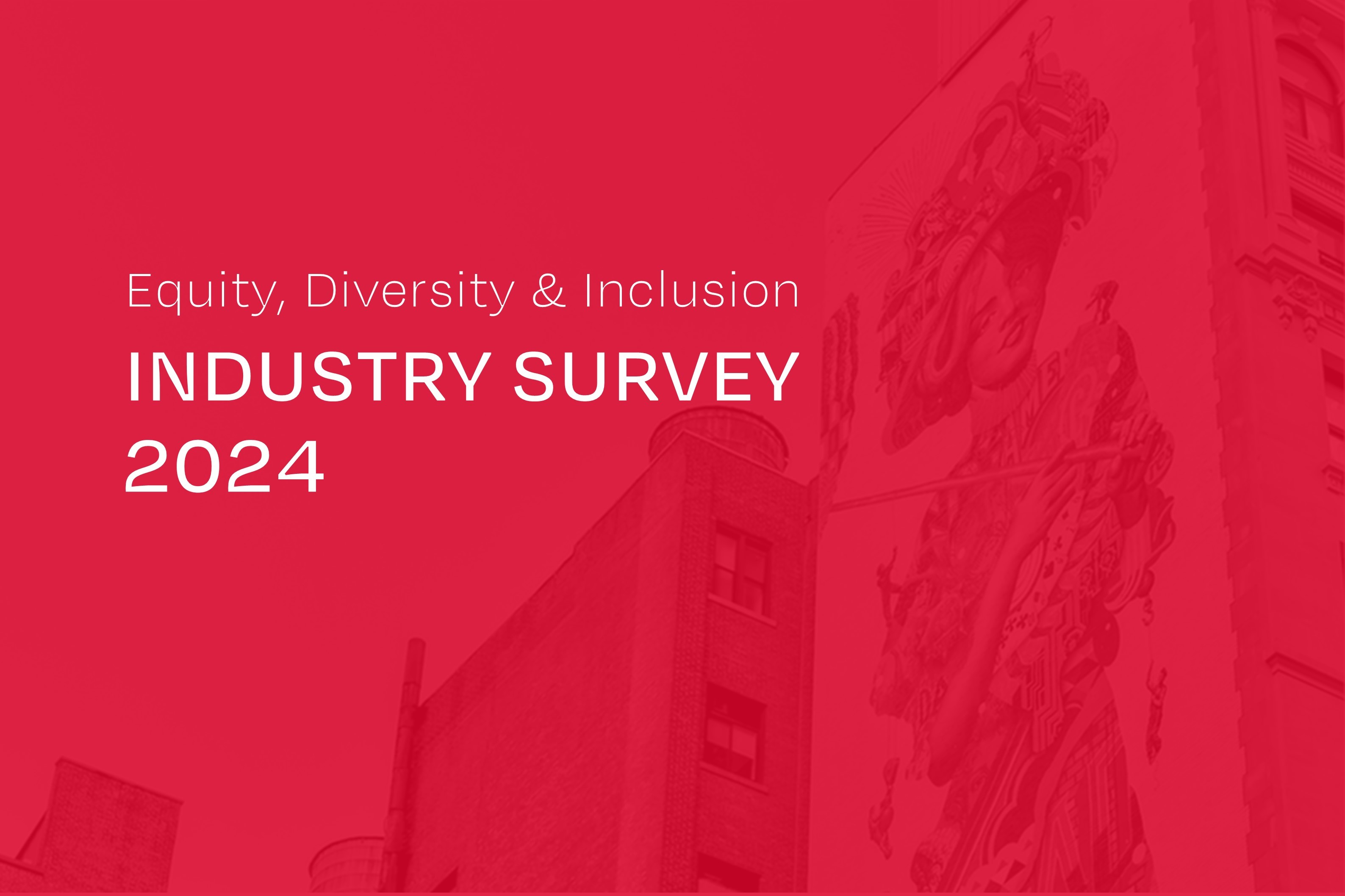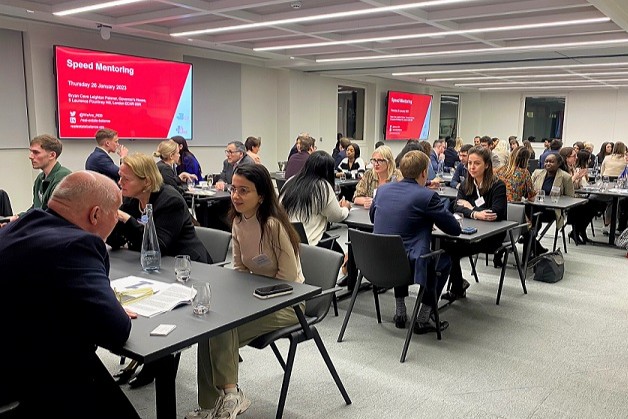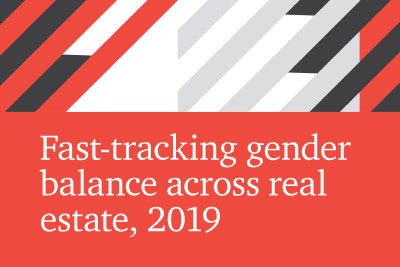By joining Real Estate Balance’s email list, you agree to receive email updates from time to time about organisation news, events being held and information about our partners in accordance with the terms outlined in our privacy notice, which you can read in full here.
Sign upIndustry equity, diversity and inclusion survey 2024

We have published the results of our Industry Equity, Diversity and Inclusion Survey 2024 - the fifth edition of the biennial research and the most comprehensive study of its kind in UK real estate and its associated sectors.
The exercise helps us to paint a picture of who we are as an industry in our three areas of focus of gender, ethnicity and social mobility, uncover key EDI issues, and find out the practices you say are having an impact and the interventions you believe should be expanded.
Click here to download the report.
The 2024 results add to the evidence base we have been building since 2016. As in previous years, the data was gathered in September and October via two anonymous surveys: the 'company side' and 'individual side' of the research. 50 companies and nearly 800 individuals took part - an increase on the 2022 edition of the exercise.
For the first time this year, participants in the company side were asked to provide information relating to the ethnicities and social backgrounds of their employees, following the inclusion of these topics in the individual side in 2020 and 2022 respectively.
Also for the first time, we are making averages relating to many of the metrics available to the member companies of Real Estate Balance so they can benchmark themselves against those of a similar size and, for some, their sector peers - an important development and tool, we hope, in progressing EDI across our industry.
Key findings include:
- Gender balance at Board and senior leadership levels remain as long-standing and key EDI challenges.
- Ours is a broadly gender-balanced industry at the populous levels of qualified/equivalent, graduate/entry and support. Although the percentage of women in middle management positions has fallen, the data challenges the idea that a lack of diversity in the pipeline is responsible for the underrepresentation of women at senior leadership level.
- The findings relating to ethnicity in both the company and individual sides of the research are quite similar and are representative of the Census for England and Wales 2021. However, the London-centric nature of UK real estate and its associated sectors suggests the results should more closely resemble the ethnic makeup of the capital.
- The company side of the survey shows us to be more privileged than national averages in two out of three measures we utilised, particularly so in the case of attendance at independent/fee-paying schools. This finding is backed up by the individual side of the survey and also our NextGen research 2023.
- The importance of EDI to job satisfaction is high for the individual respondents to our survey and dissatisfaction with how EDI issues are being dealt with by companies is relatively low. The majority of participants also said they feel comfortable discussing career and life aspirations with their line managers - an indicator of inclusion.
- The companies and individuals both told us that EDI policies/action plans, flexible working, active driving of cultural/behavioural change and enhanced parental policies and practices are widespread and having an impact in progressing equitable, diverse and inclusive workplaces.
- Crucially, there is also consensus on both sides of the study on what are industry should be doing more of: incentivising behaviours which further EDI, reverse mentoring and talent development plans, particularly for those with underrepresented characteristics and social backgrounds.
The preliminary results have been presented to and discussed with senior leaders from across our membership at five breakfast sessions. A further one is planned for January 2025.
You may have also seen a report and a comment piece on the results in EG and the findings featuring in further media coverage.
Speaking about the survey, our Managing Director Sue Brown said:
"It is hard not to be disheartened by some of the results – particularly the gender balance at senior levels and it is clear we’ve still got more work to do in this area.
"But we must not lose sight of the fact that the lived experiences of people working in our industry, and the culture of the industry itself, have changed dramatically over the past ten years.
"Close to complete agreement from companies and individuals on the value of expanding the incentivisation of inclusive behaviours and other interventions is also a significant reason for optimism.
"We would not be able to provide our members with the insights in our Industry EDI Survey without their engagement with the initiative, so I would like to extend a huge and heartfelt thank you to all the companies and individuals who took part."
Real Estate Balance will be convening our Board, committees and executive team in the new year to develop a programme of activities informed by these results.


